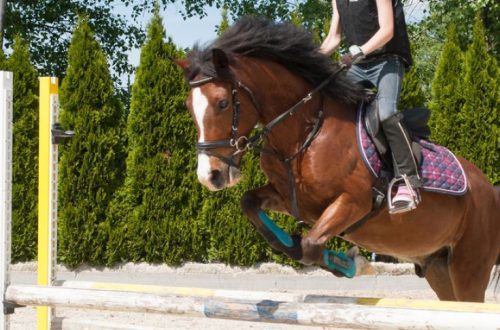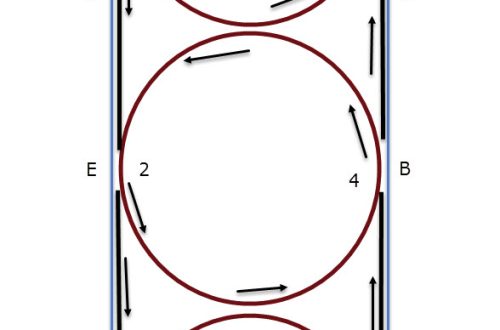
Research: Tight primer leads to stress
Research: ttoo tight capsule leads to stress
Perhaps the next time you’re tempted to tighten your ratchet just one hole, you’ll stop and think twice. According to a recent study by a team from Australia, over-tightening the nosepiece can be not only a stressor, but also a complete threat to the well-being of the horse.
The study assessed the relationship between how tight the ratchet was tightened and how active the horse’s mouth was (licking, chewing, yawning) and how stressful conditions were (palpitations, changes in heart rate, eye temperature).
The researchers analyzed the condition of twelve horses of various ages, breeds, heights and sexes. Mouthpiece bridles were used with leather-lined double ratchet straps (crank noseband), which can often be seen at the highest level dressage competitions. Mouthpiece bridle is used with mouthpiece, snaffle bit (narrow single jointed snaffle bit) and mouthpiece chain. The ratchet strap has a buckle that allows you to adjust the level of tension, making it stronger than a simple cavesson. In order not to discount “prior experience”, only horses that had never worn a double ratchet head harness were included in the study.
During the examination of the horse daily were divided into four groups based on how tight the primer strap was. With a loose belt, two fingers pass under it, with a medium-tightened one, one finger, in the latter case, there is no free space left at all. Each horse was only exposed to a tightly tightened primer on only one of the four days. To register the reactions of the horses, a girth with a pulse meter and a video camera were used, the sessions lasted 10 minutes: the initial level (the capsule is not tightened), work (the capsule is tightened in accordance with the level of the group), the recovery period (the bridle is removed).
The researchers found that horses with the tightest nosebands showed stress responses, including significant increases in heart rate and eye temperature, significant decreases in heart rate variability, and cessation of licking.
Horses in all groups also showed a post-inhibitory response during the recovery phase. This mainly happens when the horse goes through a period of restriction and after that shows an increase in the signs in behavior in relation to the reference point. This shows that the welfare of the horse was compromised during the restriction period.
For example, after demonstrating reduced chewing with the noseband on, the horses in the tightest noseband group showed increased chewing during the recovery phase. In the group with the least tightened capsule, the horses at this stage showed less chewing. This suggested that deprivation was only slightly felt during the work stage. Yawning, swallowing and licking increased during the recovery phase from baseline in horses of all groups.
Overall, the results suggest that a very tight noseband may cause stress and/or pain and may prevent the horse from demonstrating the normal mouth movements normally associated with comfort. However, the researchers note that horses could react not only to a tightened percussion cap, but also to the presence of a mouthpiece and snaffle in their mouths.
Sushil Dulai Wenholz (a source).
Translation by Dina Maximova.
Here you can read stories about horses translated by Dina.





